News
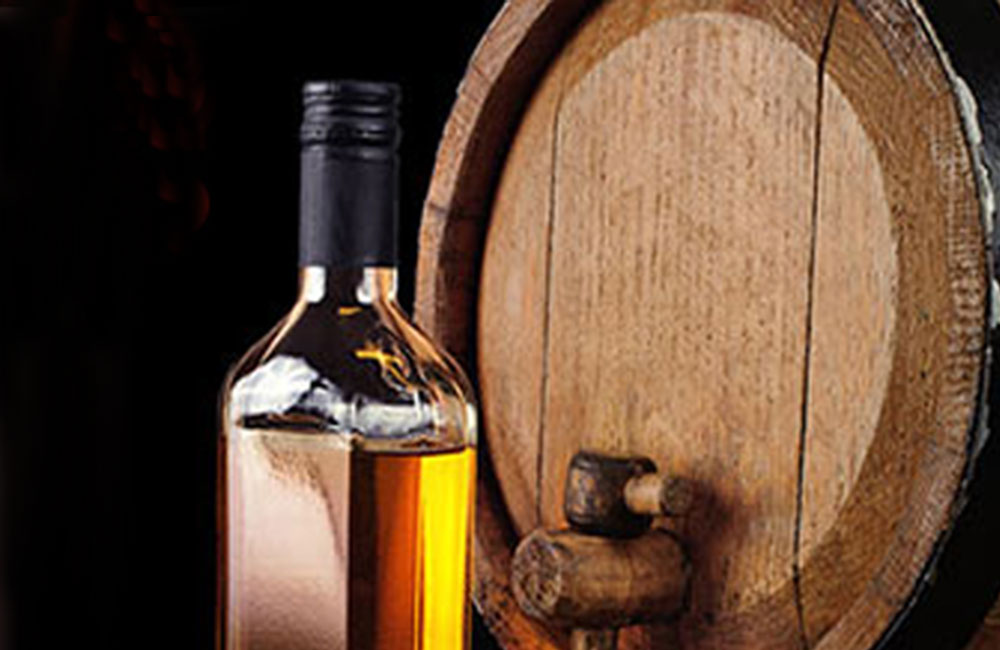
Closed down distillery to be sold to India!
A distillery closed down due to being unable to pay taxes to the government is set to be sold to an Indian businessman. According to sources of the Department of Excise, discussions are currently being held in this regard.
The distillery located in Wennappuwa was forced to shut down four years ago for not paying the necessary taxes to the government.
A high ranking officer of the department set to retire soon is said to have initiated the sale of the distillery sources further added.
Meanwhile producing toddy artificially is banned in the country a two-member committee consisting of two deputy commissioners of excise has been set up to grant permission to produce artificial toddy.
Due to the ban, the department had raided a distillery in 2002 which produced artificial toddy while slapping a fine Rs. 5 Million on the business for violating the ban. Artificial toddy is produced with sugar, yeast, ammonia and urea which can be hazardous to the human body.
Source : Divaina
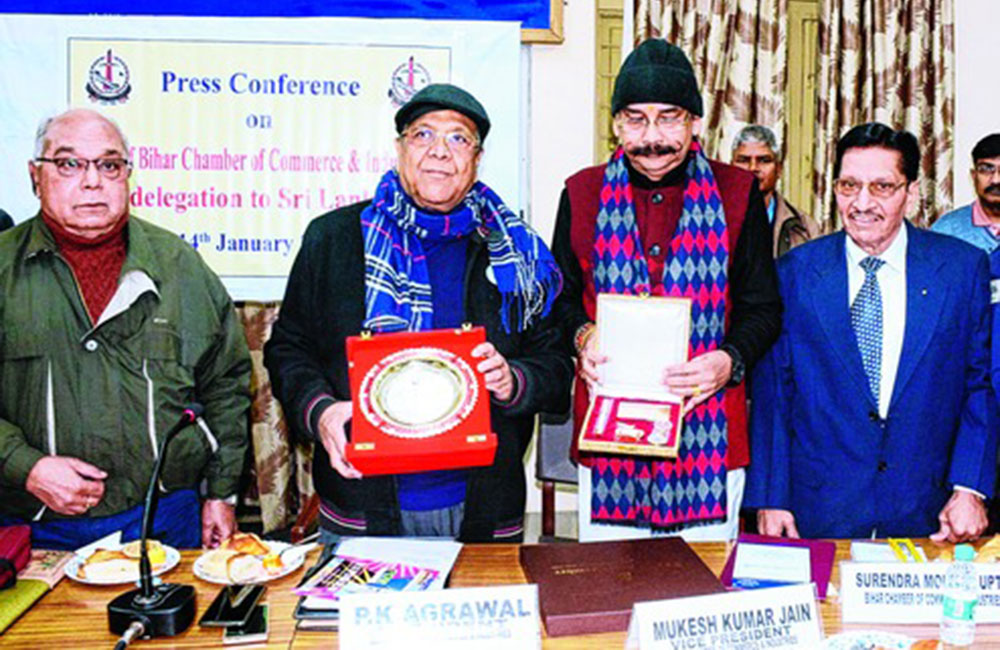
Indian State of Bihar eager to boost trade with Sri Lanka
The Bihar Chamber of Commerce and Industries is set to send a 20-member delegation to Sri Lanka to boost mutual trade, industry and tourism.
Headed by its President, P.K. Agrawal, the delegation will visit various places in Sri Lanka, including Colombo and Kandy, and will have extensive discussions with the Ceylon Chamber of Commerce.
"Our first objective of visiting Sri Lanka is trade and commerce. Besides, the visit is a goodwill mission too, as a large number of Buddhist pilgrims from the neighbouring country visit Bodhgaya and other places related to Buddhism in our state. The delegation will be visiting the island nation from January 17 to 24," Agrawal said.
Talks will also be held with industrialists, entrepreneurs, trade associations, Sri Lankan government officials on ways to strengthen mutual tourism and commerce.
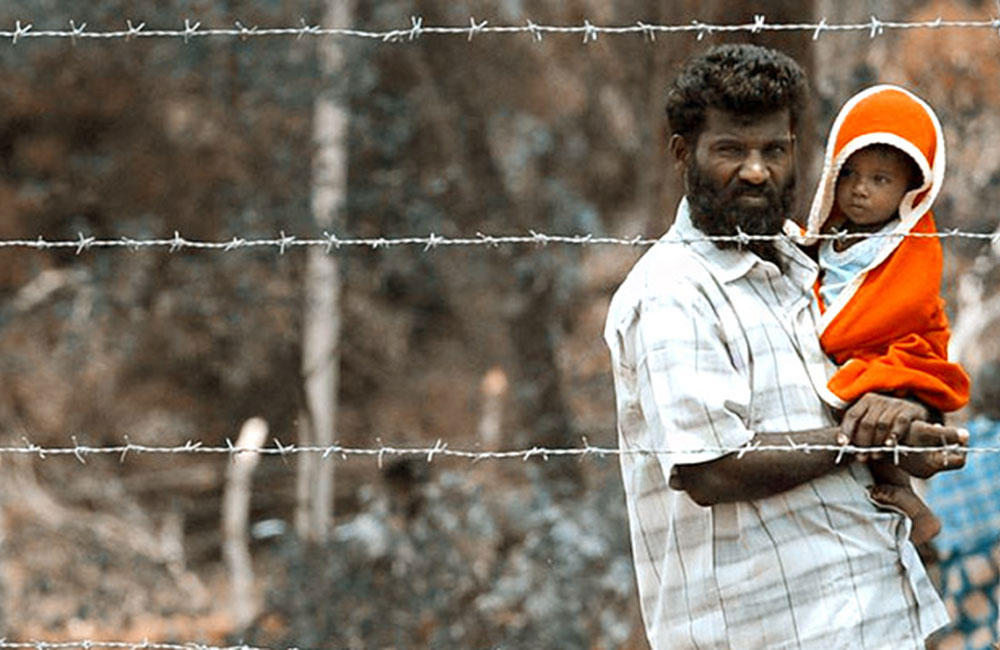
Over 40,000 war displaced yet to go home in Sri Lanka
Latest figures released by Sri Lankan authorities reveal that more than forty thousand war displaced from the north and east are forced to live away from their homes despite the conclusion of the armed conflict almost nine years ago.
During its three year period in office, the government has resettled only 3,996 people. The ministry of resettlement and rehabilitation says that 40, 938 members of 12, 674 internally displaced families have not been resettled by the end of October 2017.
An overwhelming majority of them have been living earlier in the heavily militarized Jaffna district. Over 70% of them are from Tellippalai where the military has established a massive base.
Others are from Kilinochchi, Vavuniya, Mullaitivu, Mannar, Trincomalee and Batticaloa.
'No more land release' - SL Army
At the end of April 2015, the total number of IDP in the north and east have been 44, 934.
Tamils who have been dispossessed of their land by the military in the north are continuing an ongoing protest for more than ten months.
However, the military had announced that it has no intention of releasing further land in the north to their original owners.
Source : JDS Sri Lanka
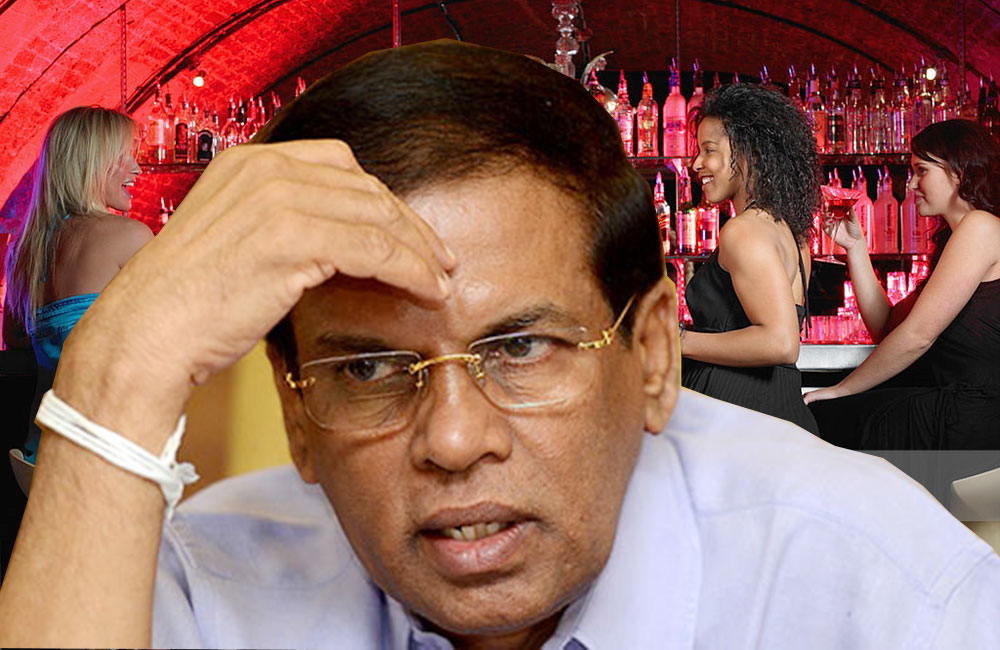
Contrary to the Constitution: Women being discriminated against!
President’s order to reinstate the ban on the sale of alcohol to women and to prevent females from working in liquor shops contravenes the fundamental rights in the constitution says Political commentators in the country. The Gazette issued by Minister of Finance and Media, Mangala Samaraweera revoking the ban on the sale of alcohol to women and preventing females from working in liquor shops which have been in place for over 60 years is now itself set to be revoked by the order of the President.
According to the Fundamental Rights of the Constitution of the Democratic Socialist Republic of Sri Lanka mentioned in chapter 3, “No citizen shall be discriminated against on the grounds of race, religion, language, caste, sex, political opinion, place of birth or any such grounds” while it also says that “No person shall, on the grounds of race, religion, language, caste, sex or any one of such grounds, be subject to any disability, liability, restriction or condition with regard to access to shops, public restaurants, hotels, places of public entertainment and places of public worship of his own religion”.
Confirmation of Equal Rights
On January 10, the Minister of Finance and Media signed a special gazette revoking the archaic ban on the sale of alcohol to women and to prevent females from working in liquor shops which have been in place for over 60 years despite the constitution giving women equal rights.
Accordingly, the ban on women being employed to produce and sell liquor as well as to buy alcohol was abolished allowing adult women to purchase alcohol legally.
As the ban is discriminatory against women the government has announced its decision to revoke the archaic law imposed in 1955.
Attempt to gain politically!
However the President today announced that the special gazette revoking the ban itself will be revoked. He made this statement at a public rally held in Agalawatta today.
“There was a law preventing women from working in bars and liquor shops while it also prevented them purchasing alcohol but I heard this law has been changed,” he said.
The President went on to say that he contacted the Minister Samaraweera, the Premier and several other Ministers in this regard and asked the Gazette to be revoked.
According to political analysts, the President had made such a statement to make political gains on behalf of several Buddhist monks who had worked actively for the Rajapaksa regime during the recent past.
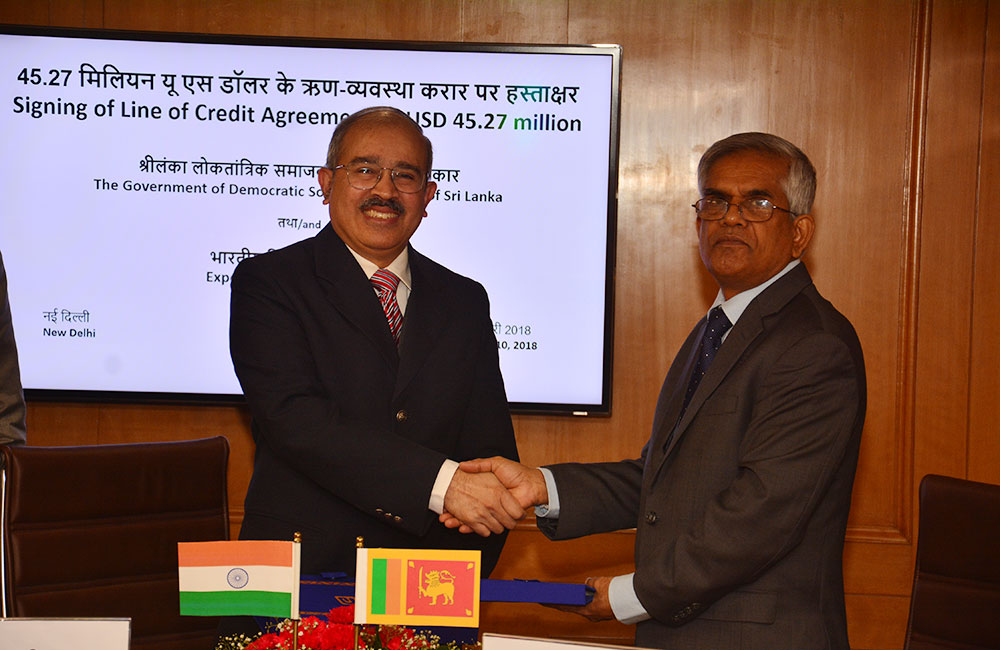
Indian assistance of USD 45.27 million to develop KKS harbour
The Government of India has come forward to rehabilitate and upgrade the Kankesanthurai (KKS) Harbour as a commercial port at a cost of USD 45.27 million. This will help to further strengthen the country’s effort to become a regional maritime hub in the near future.
The financing for this project comes as a line of credit from the Export-Import Bank of India (Exim Bank) and the Secretary to Treasury Dr. R.H.S. Samaratunga signed the agreement recently in New Delhi with David Rasquinha, Managing Director, Export-Import Bank of India to finance this project.
The Government of India is the major development partner of Sri Lanka in South Asian region over 40 years since 1973. During the last few years Indian foreign direct investment in Sri Lanka has expanded exponentially. Presently Indian development assistance mainly focusing on improvement of economic infrastructural facilities, livelihood development, education, healthcare, capacity building and economic renewal of Sri Lanka. In this persistence, both governments have inked a fresh Line of Credit (LOC) of USD 318 million for the development of railway sector in Sri Lanka in June 2017.
The Ministry of Ports and Shipping has identified that the Rehabilitation of Kankesanthurai (KKS) Harbour would contribute to promote traditional commercial linkages, both domestic and regional and give an incentive to economic activities by encouraging trade in northern Sri Lanka. Kankesanthurai will be the nearest port for all eastern ports in India, as well as for Myanmar and Bangladesh.
The Government, taking into account the above facts has decided to rehabilitate the KKS Harbour. Preliminary Hydrographic survey geotechnical investigation, preparation of Detail Project Report and Wreck removal and disposal dredging work have already been completed under grant assistance from the Government of India.
The fresh assistance of $45.27 million would be used for the remaining two phases involving works relating to the rehabilitation of the breakwater and existing pier. Construction of a new pier for commercial cargo handling, installation of port infrastructure facilities will also be undertaken under this credit line facility from India. The Sri Lanka Ports Authority under the supervision of the Ministry of Ports and Shipping will implement this Project.
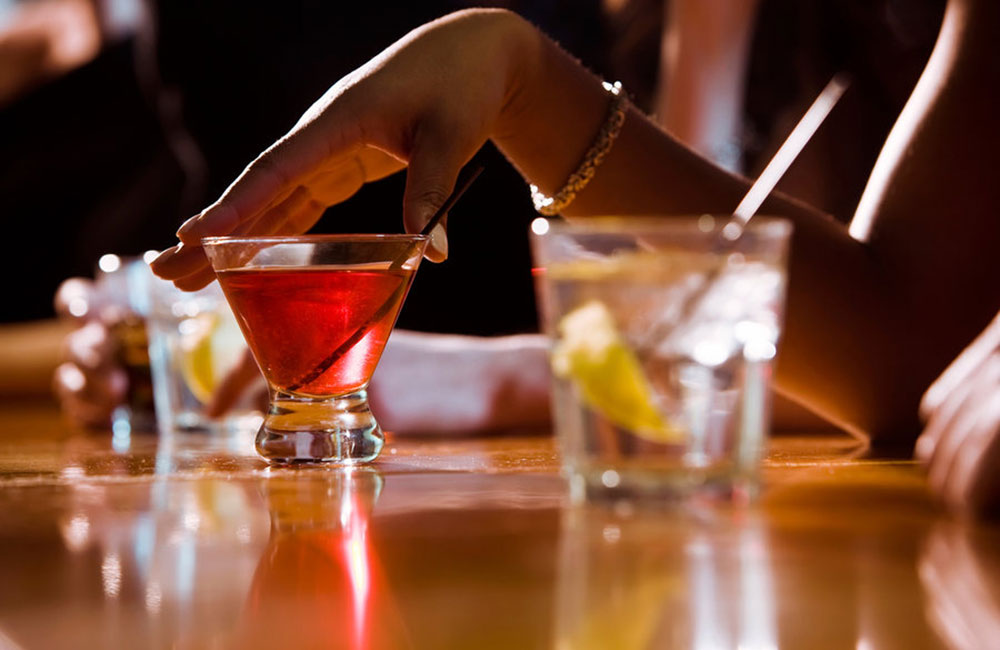
President Sirisena rejects move to allow women to buy alcohol
A move to grant women in Sri Lanka the same rights as men to buy alcohol legally has been overruled by President Maithripala Sirisena.
He told a rally he had ordered the government to withdraw the reform, which would also have allowed women to work in bars without a permit.
He said he had only found out about the move from the newspapers.
The government announced on Wednesday it was amending a 1955 law, agreeing that it discriminated against women.
Critics have accused the president of not taking gender equality seriously.
"This is not just about this archaic sexist law but the archaic sexist system in which this law is just one more tool of control," wrote one Sri Lankan blogger.
What would the reform have meant?
While the previous law was not always strictly enforced, many Sri Lankan women had welcomed the change.
It would have allowed women over the age of 18 to buy alcohol legally for the first time in more than 60 years.
A ban on alcohol being sold outside the hours of 09:00 to 21:00 would have been changed to allow sales between 08:00 and 22:00.
Why did the president step in?
Leading monks in the Buddhist-majority country had criticised the decision to lift the ban, arguing it would destroy Sri Lankan family culture by getting more women addicted to alcohol.
Saying he had listened to criticism of the government's step, President Sirisena told the rally he had ordered the government to withdraw its notification announcing the lifting of the ban.
It came as no surprise to some as he runs an anti-alcohol campaign and has warned in the past that alcohol consumption among Sri Lankan women is increasing "drastically".
However, commentators say the abrupt cancellation of the government's reform suggests there are differences within the coalition government.
Why is the president being accused of hypocrisy?
Mr Sirisena has encouraged women in the country to play a more active part in politics, boasting last year that his government had acted to ensure more women were returned at future elections.
His apparent double standards over the alcohol issue drew anger from both women and men on Twitter on Sunday.
Just how much do women drink in Sri Lanka anyway?
According to World Health Organization data from 2014, 80.5% of women never drink, compared to 56.9% of men.
Less than 0.1% of women above the age of 15 are prone to heavy drinking, compared with 0.8% of men in the same age bracket.
A majority of women in Sri Lanka traditionally choose not to drink alcohol as they see it as contrary to Sri Lankan culture, the BBC's Azzam Ameen reports.
Source : BBC
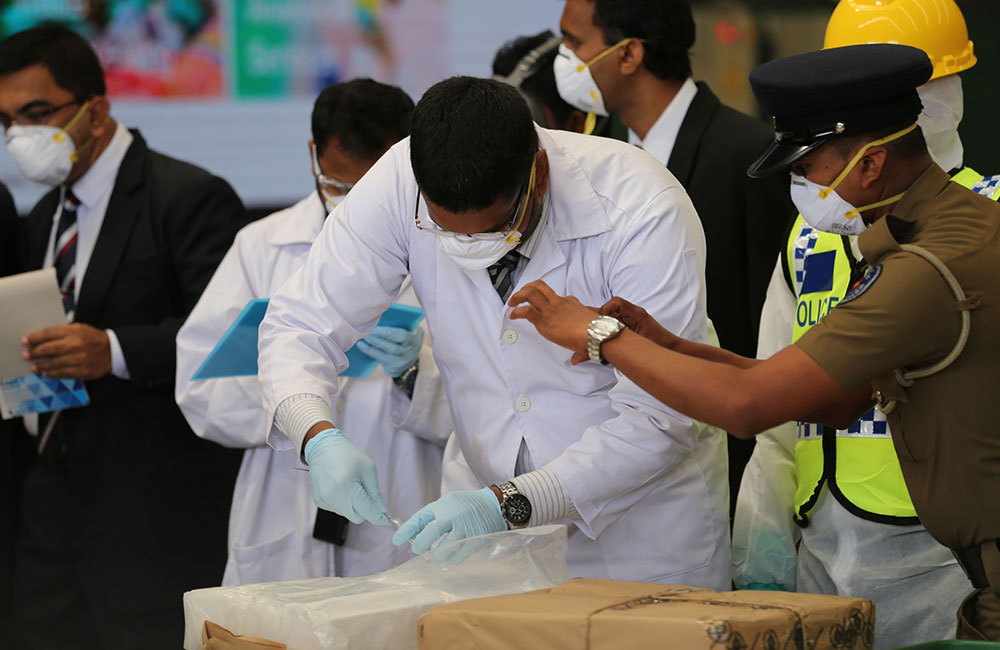
Over 900 kg cocaine destroyed (Video)
A haul of over 900 Kilograms of cocaine seized by the Police Narcotics Bureau (PNB) was publicly destroyed a short while ago under the supervision of the Colombo Chief Magistrate.
According to the police records, the PNB has seized 220kg and 650g of cocaine worth over Rs. 4.4 million during 2017, while 29 arrests have been made in connection to these cases.
https://casite-790485.cloudaccess.net/news?eRLW8=kbmK0&start=6096#sigProIdac37c1f39b
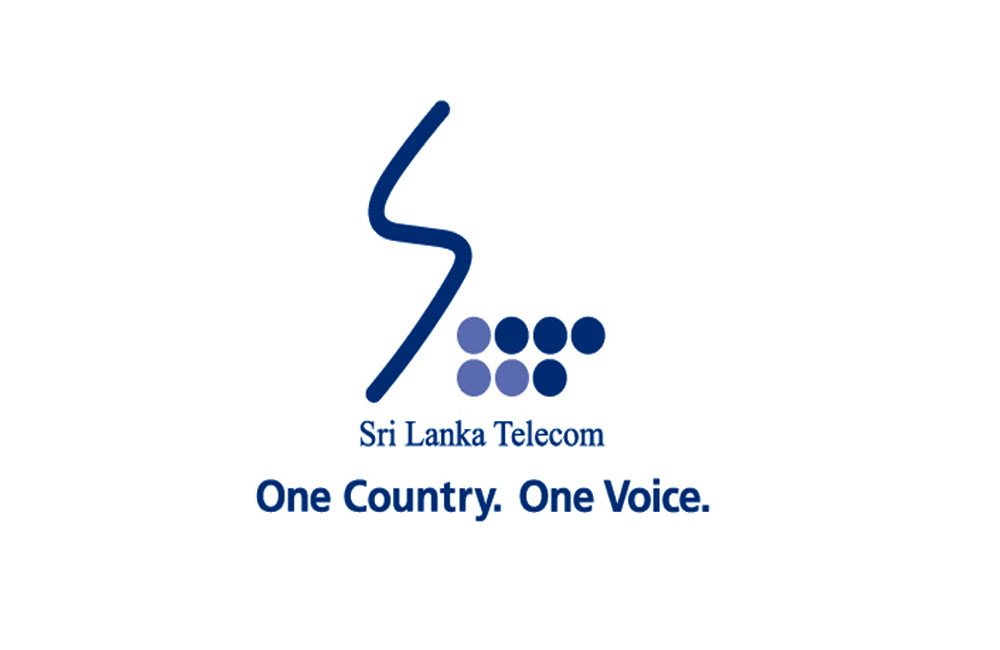
SLT’s interim management heads into troubled waters
The interim management of Sri Lanka Telecom (SLT) is heading into troubled waters following the resignation of Group Chief Financial Officer Lalith Fernando recently, SLT sources disclosed.
The new interim management team was appointed on December 21 to steer the SLT following the resignation of CEO Dileepa Wijesundera on Wednesday 13 amidst trade union’s allegations of corruption and mismanagement against him.
Fernando had been appointed as the Group CFO to oversee the financial management of SLT and subsidiaries accept Mobitel.
He tendered his resignation citing difficulties in managing finances of the company mishandled by the former CEO, one source said.
SLT Board of Directors will meet on Thursday to discuss the present situation and take a decision on the appointment of a new CEO, he said.
SLT operates under an executive committee headed by Chairman P.G. Kumarasinghe and three groups headed by three Chief Officers during the transition period.
After the resignation of the Group Chief Financial Officer this management system has been reduced to two groups.
Source : The Sunday Times
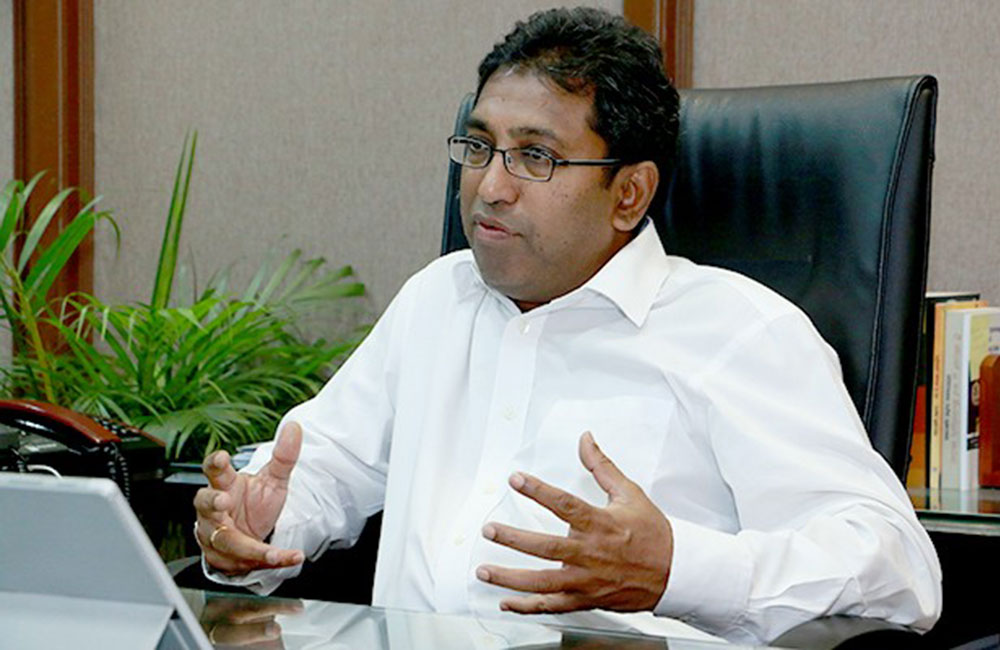
Central Bank reforms: PM seeks IMF support
Prime Minister Ranil Wickremesinghe has sought the support of the International Monetary Fund (IMF) to make the much needed legal and structural changes in the Central Bank to combat fraud and corruption, National Policies and Economic Affairs Deputy Minister Dr. Harsha De Silva said.
According to the Deputy Minister, a meeting was held on Saturday in this regard where Prime Minister Wickremesinghe requested for assistance from IMF Country Representative Dr. Eteri Kvintradze given the close working relationship between the IMF and the Sri Lanka Central Bank.
“Giving a summary of the Bond Commission report, President Maithripala Sirisena too noted that the Commission had recommended for reforms in the Central Bank,” the Deputy Minister said adding that accordingly, the government is looking to reform the Monetary Law Act and the Registered Stocks and Securities Ordinance.
“These laws should be drastically amended or new laws to replace them should be introduced,” De Silva added.
According to him, specific areas of the Monetary Law Act, namely the mandate, governance, autonomy and accountability of the Central Bank needs to be reformed.
“The IMF has already prepared certain drafts in this regard following past discussions with the government,” he said, assuring that the government will accordingly work towards making changes in the structure, management and legal aspects of the Central Bank expeditiously,” he said.
At a time where the Central Bank has announced its decision to move towards a flexible inflation targeting regime, the Deputy Minister pointed out that these reforms in laws are paramount to achieve this target.
He also claimed that continuous misuse of the Employees Provident Fund (EPF) occurred due to these reforms not being introduced to the system.
The Deputy Minister also alleged that the Central Bank’s Code of Conduct was ignored in the past with former Governor Ajith Nivard Cabraal only presenting himself at the Public Accounts Committee 13 years after a governor had last appeared before the committee.
While the Bond Commision report is set to be presented to Parliament on January 17, the report will, thereafter, be made available online to the public according to the instructions of President Maithripala Sirisena.
Commending the move, Deputy Minister Harsha De Silva said the Prime Minister has instructed the Attorney General to take the necessary legal action based on the COPE report, the Bond Commission report and the others submitted to him.
“Action must be taken against all those who have been mentioned as wrongdoers in these reports,” he stressed adding that the government is pushing for legal action in this regard.
“We hope the necessary action will be taken by the Attorney General promptly,” he said adding that those who have broken the law must be dealt with.
The Deputy Minister confirmed that the government will work to introduce the much-needed reforms immediately with the assistance of the IMF.
Source : Daily News
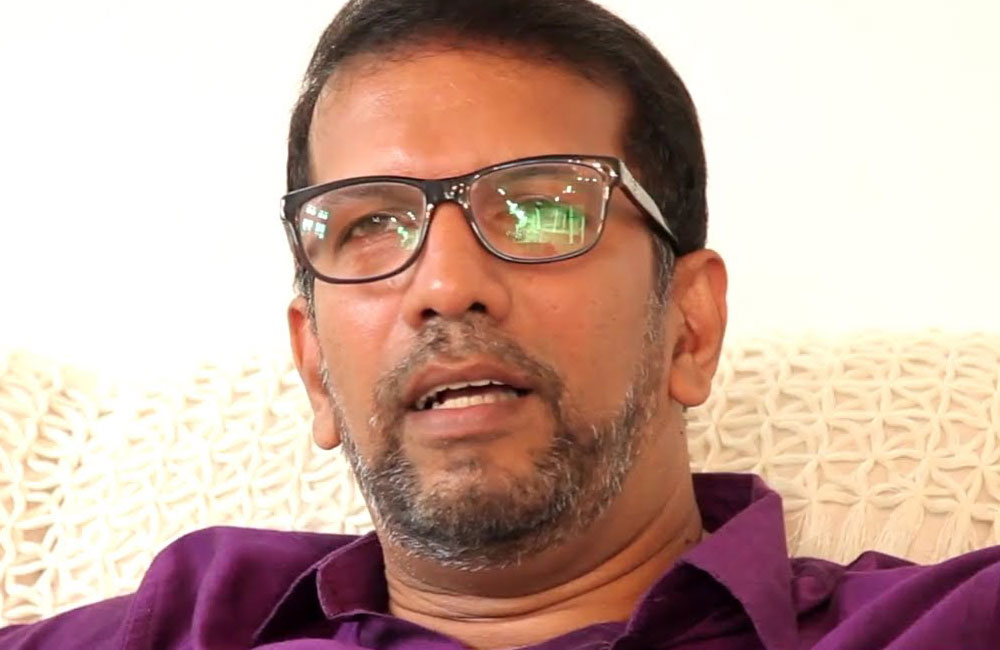
A probationary government should be appointed - Presidential Advisor
A probationary government should be appointed to save the country from the prevailing political crisis, President Maithripala Sirisena’s Political affairs Coordinator Attorney at Law Shiral Lakthilaka has stressed.
He made these comments to ISIS news when questioned regarding a statement made by him to a weekend newspaper where he was quoted as saying that the country needs to establish a ‘caretaker government’.
According to Lakthilaka, a new approach is needed to face all the crises being faced by the country. “When all the corruption reports are released the political environment of the country will change drastically,” he said adding that the current form of government will not be sustainable as a result.
Therefore if we are to think of any constitutional changes a probationary government under the guidance of the President needs to be established he said.
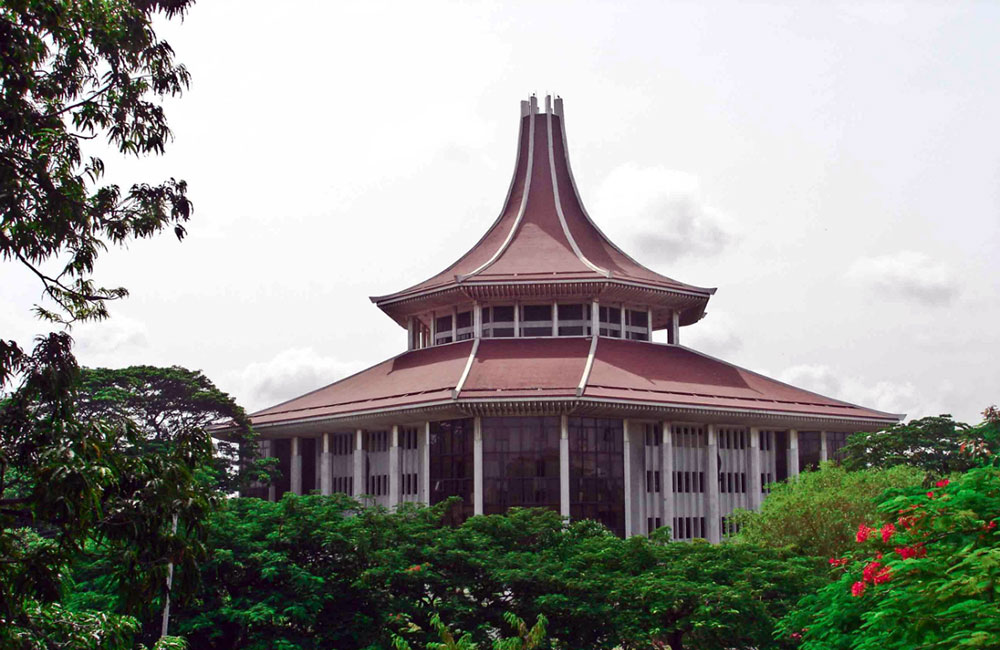
Term of office for Sri Lanka’s President is five years: Supreme Court
Supreme Court has informed President Maithripala Sirisena that the duration of his term of office is five years, President’s Media Division said.
Last week, President sought determination from the Supreme Court on the duration of his term of office.
As per the 18th amendment to the constitution, a President was elected for a term of six years but it has been restricted to five years after the enactment of the 19th amendment.
Sri Lanka’s Bar Association, Attorney General’s Department among others made their submissions in the Supreme Court in this regard.
Supreme Court listed the case for January 11 and its determination communicated to the President on January 14.
(LBO)
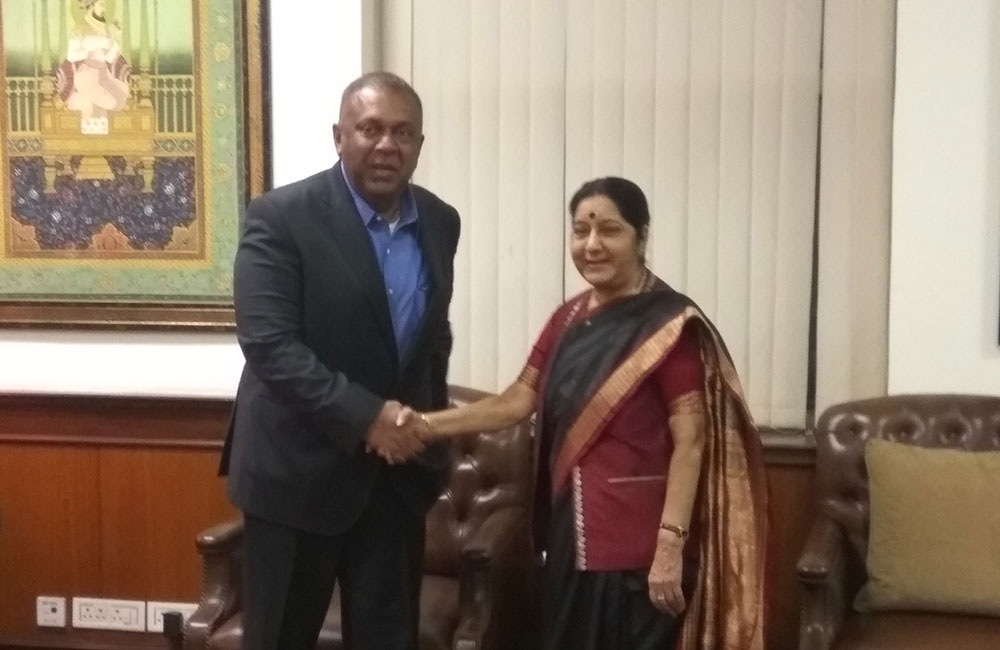
Mangala meets Indian FM to discuss development cooperation
Minister of External Affairs of India, Sushma Swaraj on Saturday (13), met Sri Lankan Finance Minister Mangala Samaraweera and discussed issues of development cooperation between the two countries.

Minister Samaraweera also held a meeting with his Indian counterpart Arun Jaitley. The Ministers reviewed the present status of ongoing economic projects between the two countries.
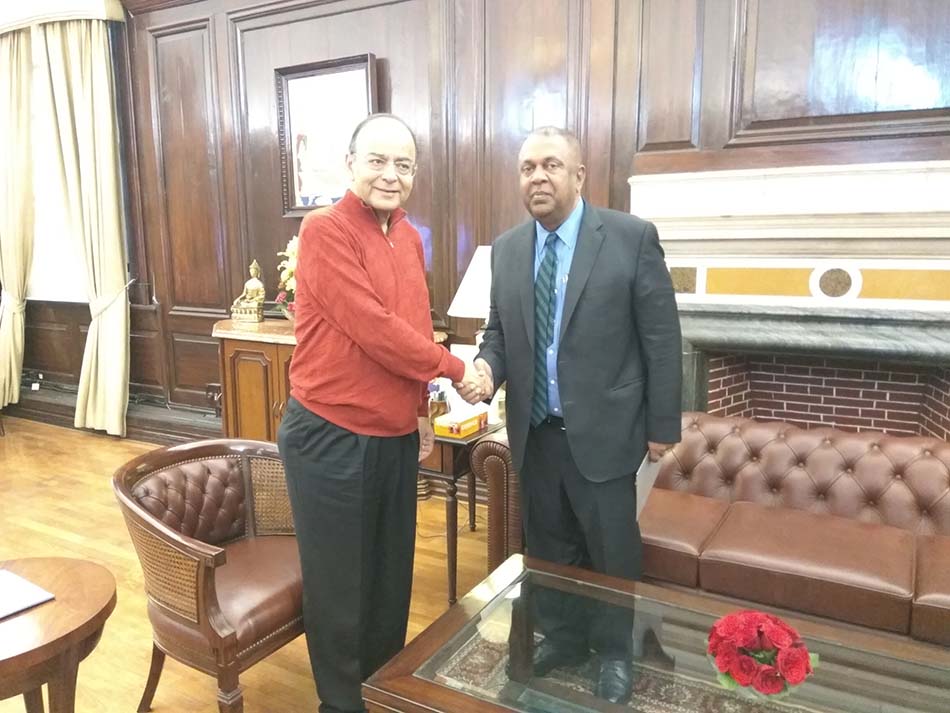
Sri Lanka is one of the major recipients of development credit given by India, with total commitment of around USD 2.63 billion, including USD 458 million as grants.
Under a line of credit of USD 167.4 million, the tsunami-damaged Colombo-Matara rail link has been repaired and upgraded.
Another line of credit of USD 800 million for track laying and supply of rolling stock to support construction of railway lines in northern Sri Lanka is already operational.
Page 509 of 530
